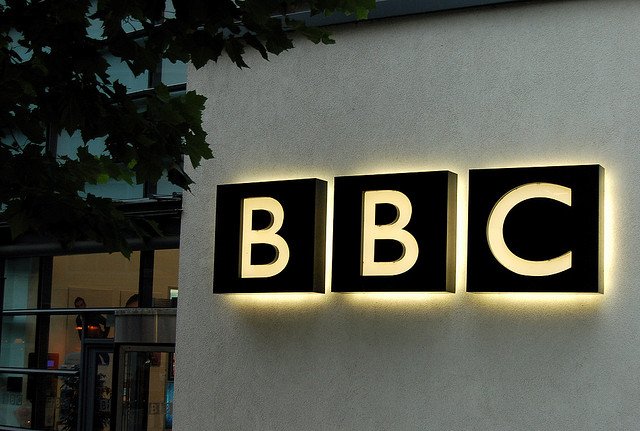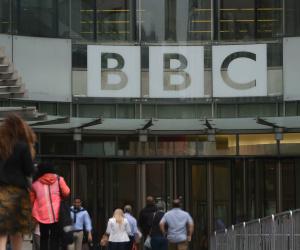Can we trust the BBC?
Participation & Exclusion
Inside the BBC
A post-broadcast BBC?
Public service broadcasting is an invention of the twentieth century when the nation-state was a clear centre of sovereignty and the media organized in relation to its parameters. In an age of globalization, digital consumption and non-linear programming, what is the future for this concept?

.jpg )
















